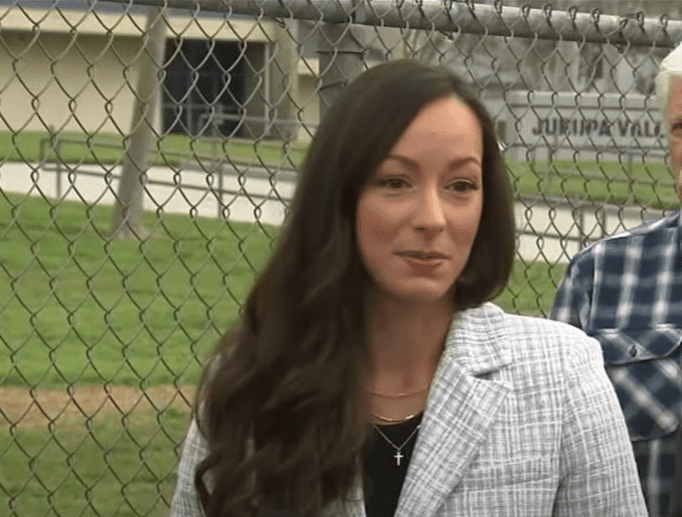
Religious freedom is a cornerstone of the American republic. It’s our responsibility to protect this integral aspect of our country because, without it, we would stray from our core values. For a long time, teachers have been told to leave their beliefs at the schoolhouse gate, forcing them to choose between public employment and their religious convictions and values. However, this should never be the case. Teachers shouldn’t be forced to sacrifice or hide their religious beliefs because school administrators want them to, and they shouldn’t be held to a different standard simply because they are religious.
Jessica Tapia, a former teacher from Southern California, was held to a different standard because of her religion. Her school district created a religious litmus test to be a teacher, and because Tapia didn’t pass this test, the school district fired her. Near the end of the 2021-2022 school year, she received a notice of unprofessional conduct due to personal social media posts she had posted about her faith. The school district gave Tapia a list of directives to follow to remain employed with the school district. Some of these directives were based on hypothetical situations that Jessica did not experience during her employment.
Other directives required Jessica to lie to parents and students about gender identity, refrain from posting religious content on her social media, and allow boys into the girls’ locker rooms. Tapia stated that those directives violated her faith and requested accommodations. Instead of working with her to reasonably accommodate her requests, the school district told Tapia she either had to comply with its directives or face termination. She was fired.
In May, Tapia’s case was settled against the school district for $360,000, ensuring that educators of faith around the country won’t face religious discrimination, regardless of their beliefs, and can seek legal repercussions if they do. This settlement shows school districts that there will be legal consequences for requiring teachers to violate their faith and right to religious liberty on the job. However, Tapia’s case is not unique. Teachers across this country face persecution every day.
No government, whether federal, state or local, has the authority to force employees to violate their religious beliefs on the job.
